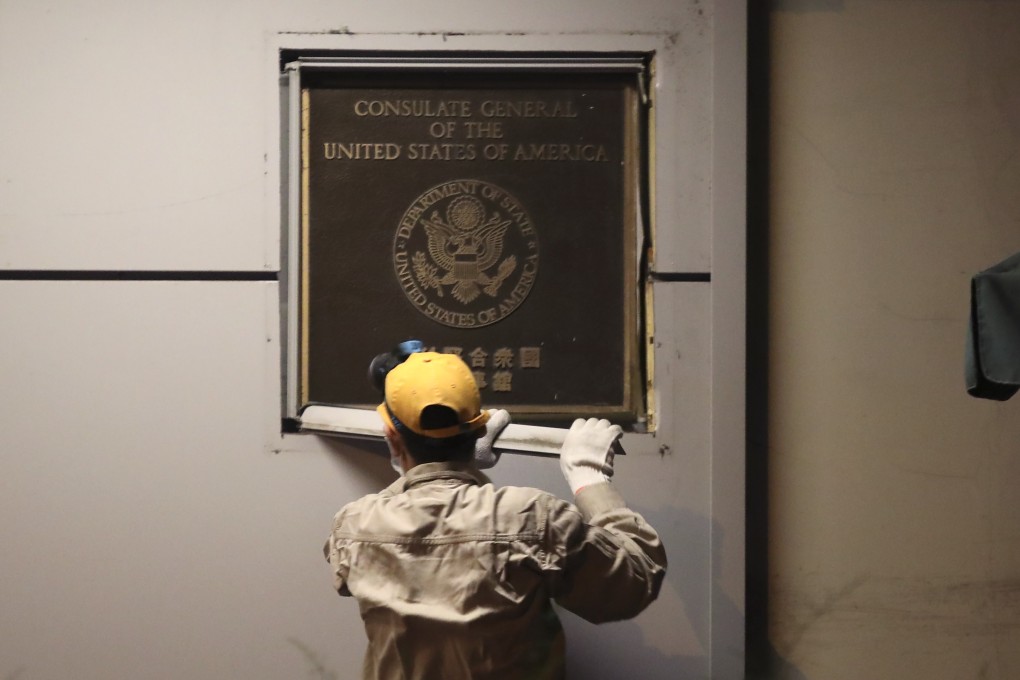Advertisement
Opinion | US consulate in Chengdu at centre of two key moments in China’s history
- Closed mission marks end of an era of engagement between Beijing and Washington
- Eight years ago an attempted defection to the same office paved the way for a new leadership in China
Reading Time:3 minutes
Why you can trust SCMP
0

What do the closure of the US consulate in Chengdu and an attempted defection to the same American mission by a senior Chinese official eight years ago have in common?
Aside from the involvement of the only US diplomatic representation in China’s vast western region in two landmark moments in China-US relations, it can be argued that both events have also marked a turning point in Chinese history.
The shutdown of the Chengdu consulate, together with the closing of the Chinese consulate in Houston on Friday, marks a sad end to an era of engagement between the world’s two largest economies which has spanned the past five decades.
US-China relations – trapped for months in a steep downward spiral over trade, the coronavirus origins, Hong Kong, Xinjiang and the South China Sea – are widely seen to be tilting towards confrontation and conflict. Nevertheless, the consulate closures, amounting to the downgrading of ties, came as a shock to everyone.
It is not the first time bilateral ties have faced a make-or-break moment. In one of the biggest crises in the history of China-US relations, Beijing recalled its Washington ambassador Li Daoyu in June 1995, a week after Taiwan’s president Lee Teng-hui made a private visit to the US.
By comparison, the stunning flight into the American consulate in Chengdu by former Chongqing police chief Wang Lijun ahead of a leadership reshuffle in 2012 was nothing short of theatrical. It also contributed to a rewriting of China’s political landscape.
Advertisement
